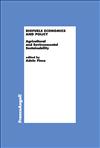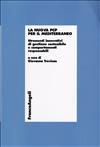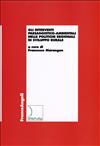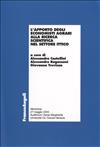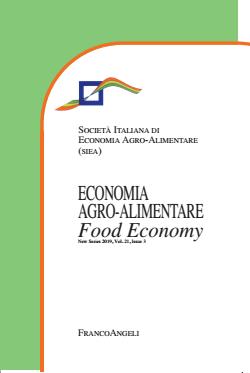
Nowadays innovation is a central driver of economic growth and productivity. The capacity to innovate is a strategic tool for those firms that want to maintain their competitive position in the global market. This is especially true for the agrifood sector that is the largest manufacturing sector within the EU and is one of the main drivers of the EU economy, contributing to both economic output and employment. Nevertheless, the agrifood sector has traditionally been viewed as a low-tech sector with slow rates of innovation respect to other sectors. When defining innovation in the agro-food domain different dimensions should be dealt with as new feeding systems, new types of packaging, new types of conservation, new additives, new consumer products introduced continuously on the market and food chain management. In this context, Horizon 2020 and new Common Agricultural Policy (cap) 2014-2020 emphasize the role of innovation. In details, the new Rural Development Policy introduced some new instruments as the European Innovation Partnership (eip), the Operational Groups (OGs) and different technological clusters to encourage and transfer the innovation over the coming decade. The purpose of this paper is twofold: first, it aims to identify the role of a Regional Cluster in spreading innovation in the associated firms. Second, this study seeks to identify determinants of innovation by analysing a sample of agrifood SMEs associated in Cluster Agrifood Marche. To obtain the necessary information for this study, a web questionnaire was developed and send by mail to Cluster Agrifood Marche members. In addition, a liner regression model is used to analize the determinants of innovation. This study highlights that Small Size Agrifood Firms can not individually achieve innovation. Small farms show a strong interest in innovation, but they stress that it is a difficult task due to some constraints. Therefore, Cluster are seen as successful way to develop new innovation strategies and to increase the competitiveness. Moreover, the results suggest that innovation is not a random process. The propensity for innovation depends both on each firm characteristics and on several variables.
